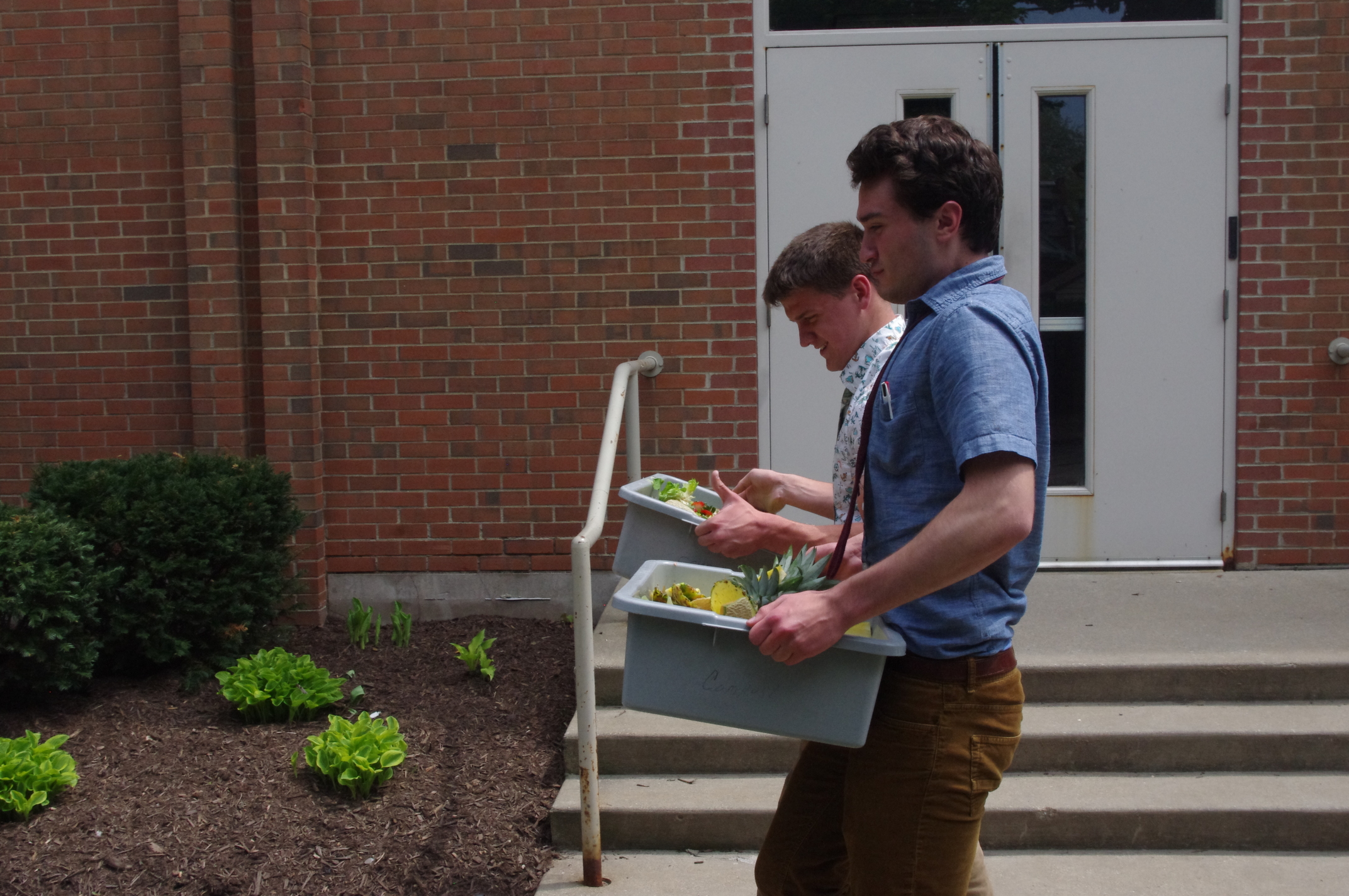by Patrick Millican ‘15
At Saint Ignatius High School, as at any institution with a mission statement that it takes seriously, there is at times a conflict between our school’s professed ambitions to train applicants for excellent colleges and broaden our scholastic horizons on one hand, and to form men who enthusiastically serve their community and the world and who are possessed of strong faith on the other.
When time and money devoted to one comes at expense to the other, debate begins about the potential contradictions between the school’s core Jesuit identity and academic mandate.
“To me it has always seemed like there is a contradiction between the Jesuit core belief – really the Christian core belief – of others-centered service and the academic mandate to strive for success at all costs,” said Chris Bambic ‘14. “If we go from a purely logical standpoint and attempt to achieve success at all costs, then we might easily step on our fellow man in our climb up the ladder of success.”
The Ignatius student body is composed of two main camps, divided on the issue, not by it, since differences of opinion the school’s primary object don’t make enemies of friends or segregate lunch tables. Nonetheless, the difference in what students want out of their education here is palpably evident in the attendance at various extracurriculars.
With exceptions, competitive academic organizations like the school’s traveling Model United Nations team tend to attract intellectuals who affiliate with the pedagogic aspect of our school’s Jesuit identity, whereas service organizations, coordinated especially through the Arrupe House, attract students more attuned to the Man-for-Others ethic espoused by Jesuits in more recent decades.
Dean of Academics Mr. Gavin, however, thinks that people are operating under the wrong assumption if they believe that the two aims are necessarily at cross-purposes.
“I would never look at it as a conflict,” he said when asked whether he believes that the divide exists. “This school is college-prep, but it’s also life-prep. Personally, that’s where the religious and service formation comes in most handy–after college.”
He admits, however, that it’s a balancing act, noting that Sophomore Service and Kairos retreats are longtime obstacles in sophomores’ and juniors’ schedules and come – especially in the case of Sophomore Service – at the expense of academic pursuits, while teachers are “gatekeepers” in that they reserve the right to refuse to allow a student to go on a retreat or serve a funeral if he is struggling in their class.
Bambic, involved in both service and more academic extracurriculars like Science Olympiad, said that his experience at Ignatius has showed him that it is possible to reconcile both goals.
“Ignatius’s Theology courses and focus on Christian service has taught us that it is indeed possible to strive for success while serving God and our fellow man in the process,” Bambic said. “One can be a billionaire or a famous scientist and still be a good man, the part that matters is that he makes his money or achieves his success not for his own benefit but for that of his friends, family, and the community as a whole and for God’s greater glory. Hence the all important motto of AMDG which was instilled in us from the moment we stepped in.”






